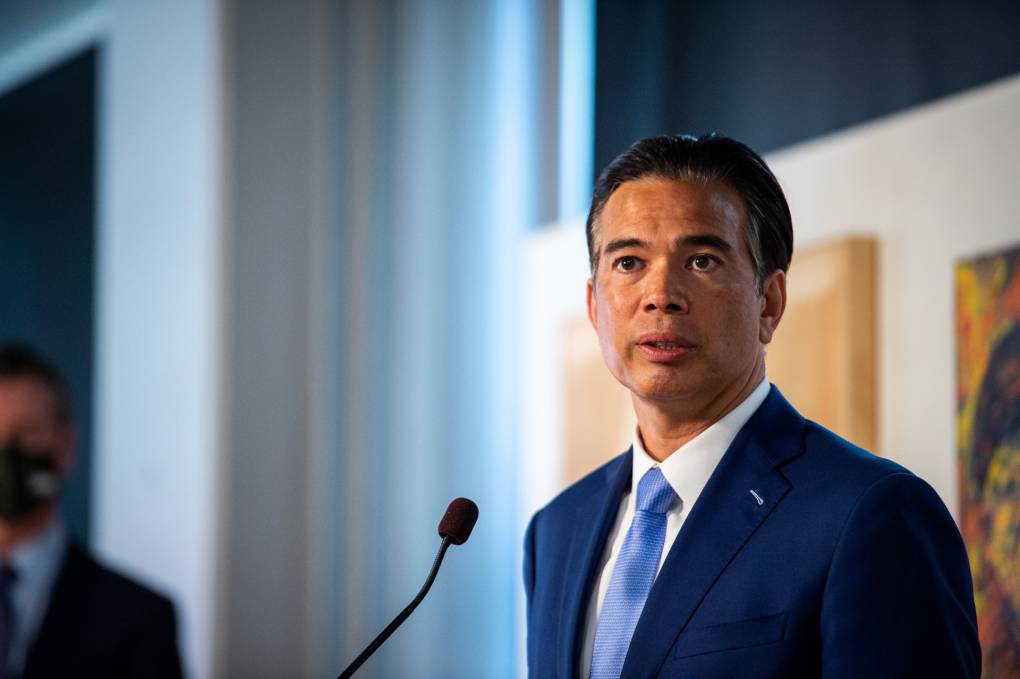Patterson "was not truthful in many of his responses" when questioned about his relationships with multiple sex workers, Michael Fraser, a consultant Emeryville hired to conduct its internal affairs investigation of the officer, wrote in a report. Sometimes Patterson claimed he couldn't remember encounters with the women. Other times, he changed his story while being questioned.
Eventually, Patterson was found to have violated a dozen department policies, but investigators could not prove he had sex with prostitutes while on duty. None of the women admitted having sex with him, but some said others did.
Patterson is the latest cop to have sexual misconduct detailed in documents released under Senate Bill 1421, the state's new police transparency law that requires the release of serious misconduct information. Other records released under the new law show officers in Burlingame, Watsonville and other departments fired for sexual exploitation.
Patterson joined the Emeryville Police Department in January 2012 after working as an officer in Draper, Utah, for two years. He was accused there in a 2010 federal lawsuit of throwing a man to the ground who "suffered contusions and gashes, a concussion, bleeding in his brain, additional head injuries, and a separated shoulder," according to court documents. Draper police declined to comment Thursday night. The lawsuit was eventually settled.
Documents show an extensive investigation of Patterson, including tracing him to an area in Oakland called "The Triangle," which is known to be frequented by sex workers.
Data from a tracking device on his police vehicle showed Patterson spent a significant portion of his available on-duty time outside the jurisdiction of the Emeryville Police Department — specifically in an area of northwestern Oakland, near the border of Emeryville and Berkeley, known for prostitution.
Records also show Patterson was found to have committed multiple violations of department policy in two separate incidents. They include improperly handcuffing a person, not reporting other use-of-force incidents and not reporting unspecified criminal activity.
A November 2011 Emeryville City Council memo shows the Police Department spent about $900 to send an officer to Utah to complete a background investigation into Patterson, calling him “one of the top candidates" to become a police officer in the city. The trip was needed because Draper police refused to send Patterson's personnel file to California.
UC Berkeley Graduate School of Journalism students Susie Neilson, Josh Slowiczek, Edward Booth, Katey Rusch and Laurence Du Sault contributed to this report.
This story was reported in collaboration with the Bay Area News Group and Investigative Studios, an independent nonprofit news organization affiliated with the Investigative Reporting Program at UC Berkeley.



